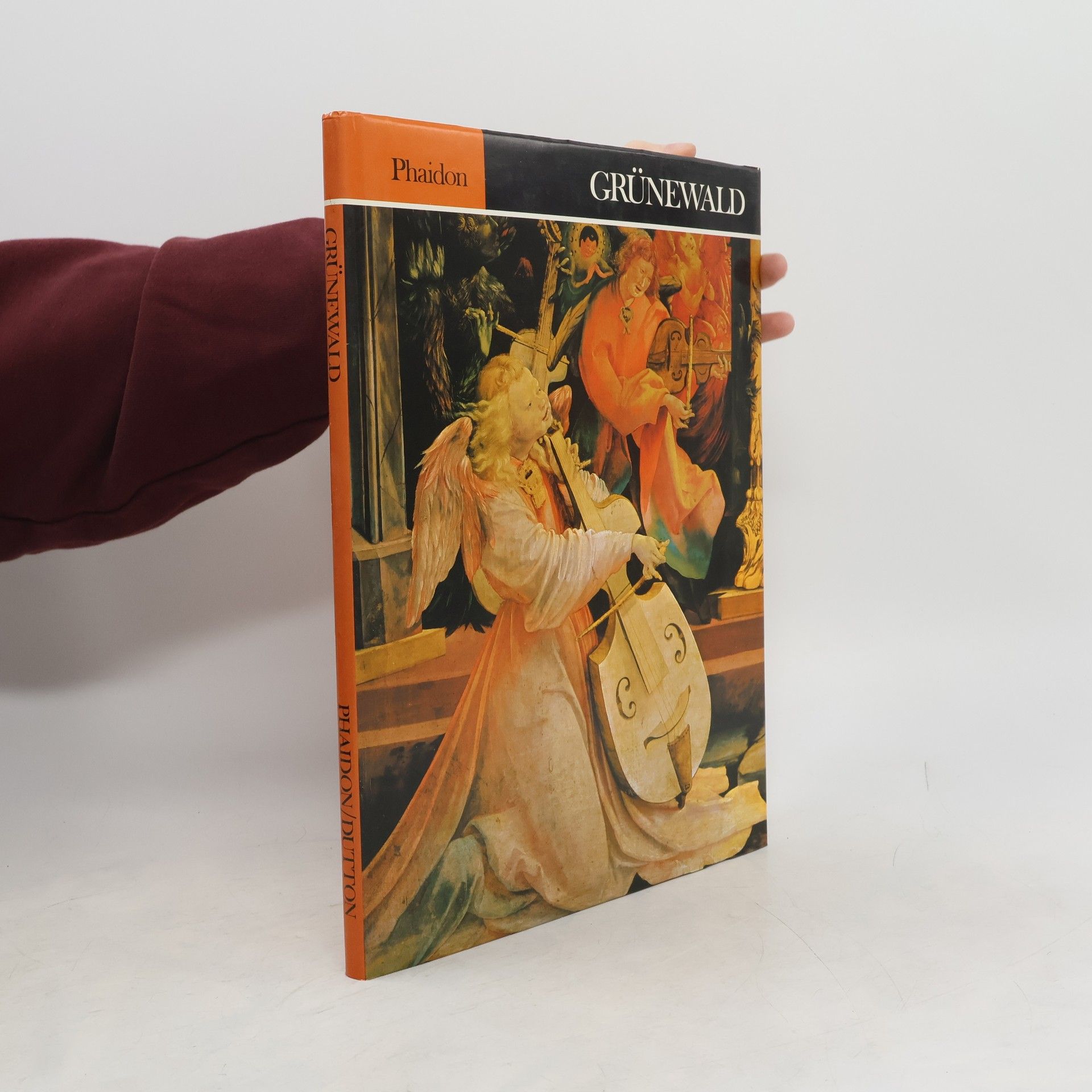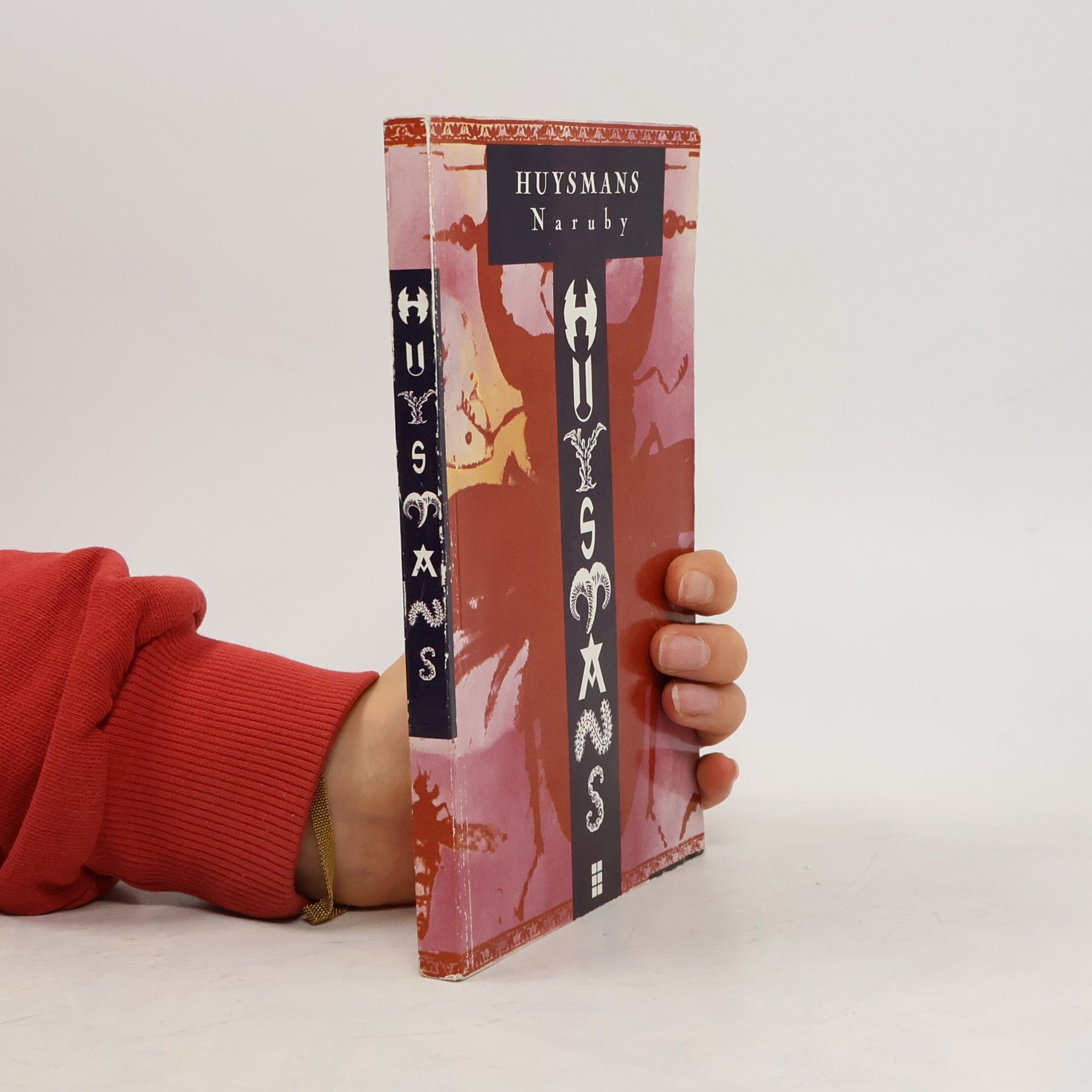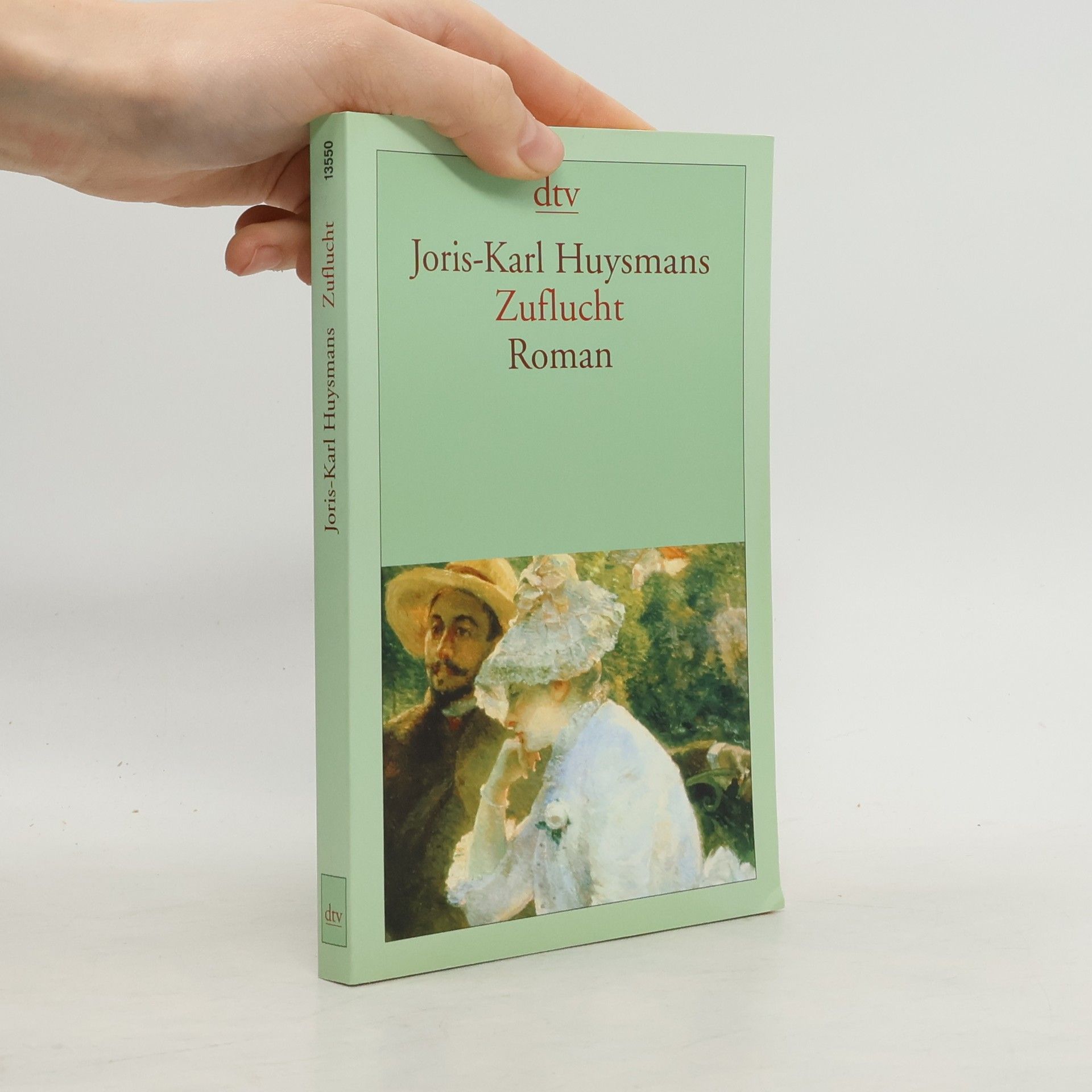Poslední, nerealizovaný scénář z konce tvůrčího období klasika surrealistické kinematografie.
Joris Karl Huysmans Knihy
Tento francouzský prozaik je známý svým jedinečným stylem, který se vyznačuje neobvyklým užíváním francouzštiny, širokou slovní zásobou a bohatými, smyslovými popisy. Jeho díla oplývají encyklopedickou přesností a pronikavým satirickým vtipem. Huysmans vyjadřuje znechucení moderním životem a hluboký pesimismus, který ho vedl k filozofii Arthura Schopenhauera a následně k učení katolické církve.







Hlavní hrdina je vzdělaný a sečtělý bonviván znechucený vším, co dříve miloval – dobrým jídlem, uměním i literaturou a dochází nakonec až k úplnému odmítání života. Román, považovaný za „bibli dekadence“, našel u nás odezvu především u Karáska ze Lvovic.
The Cathedral
- 364 stránek
- 13 hodin čtení
After the Satanic debaucheries of La -bas (1891) and the sensual battles of En Route (1895), comes the cloistered calm of The Cathedral (1898). In this long, reflective novel, Huysmans' alter-ego, Durtal, sets out to explore the mystic symbolism embodied in one of the greatest gothic edifices in France, Chartres cathedral. Written at the time of the Dreyfus Affair, a political scandal that threatened to tear France apart, Chartres cathedral became for Huysmans a potent symbol of the harmonious diversity of the Middle Ages, one that had the potential to unify the divisions in contemporary French society. This complex, multi-layered vision of Chartres cathedral as a structure in which art, science and religion could exist in harmony rather than discord, captured the public imagination on its first publication, and The Cathedral became a runaway bestseller. This edition contains 20 photographs of parts of Chartres cathedral mentioned in the text.
This 1882 novella, a key work in Huysmans' literary development - prefiguring in its protagonist the figure of Jean des Esseintes, the hero of A rebours, written two years later - is accompanied here by another masterly study of human despair, 'M. Bougran's Retirement'.
En Route
- 322 stránek
- 12 hodin čtení
Against Nature (A rebours) (Royal Collector's Edition) (Case Laminate Hardcover with Jacket)
- 156 stránek
- 6 hodin čtení
The story follows Jean des Esseintes, an eccentric and ailing aristocrat who rejects the norms of 19th-century bourgeois society. Seeking solace, he immerses himself in a self-fashioned artistic existence, distancing himself from the world he despises. His journey explores themes of isolation, aesthetics, and the conflict between individual desires and societal expectations.
The author is renowned for his distinctive use of language and rich vocabulary, which shine through in his most famous work, À rebours. Initially linked to Naturalism, his writing later aligned with the decadent movement, reflecting his profound pessimism influenced by Arthur Schopenhauer's philosophy. Huysmans, who sustained a lengthy career in the French civil service, is celebrated for his satirical wit and extensive knowledge, making his contributions to literature both unique and impactful.
The Damned (La Bas)
- 192 stránek
- 7 hodin čtení
Exploring themes of religion and personal struggle, the novel delves into the protagonist Durtal's journey amidst the backdrop of 1880s Satanism. As he grapples with his faith, Durtal's perspective reveals the moral complexities of a modern world he finds repulsive. The narrative, marked by its naturalistic style, reflects Huysmans' controversial approach to social and political commentary. This edition features premium acid-free paper and presents a translation by Keene Wallis, enhancing the reading experience of Huysmans' thought-provoking work.
Zuflucht. Roman
- 220 stránek
- 8 hodin čtení
Jacques und Louise Marles fliehen vor ihren Gläubigern ins trostlose Schloss Lourps. Die idyllische Landschaft wird zur Falle der Leere, die Jacques verändert und seine Beziehung zu Louise belastet. Doch in seinen Träumen findet er einen Ausweg. Huysmans entdeckt das Übernatürliche und prägt damit das moderne Gefühlsleben.
